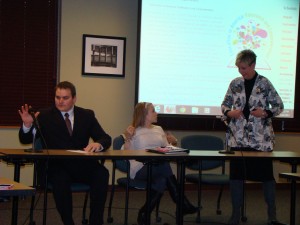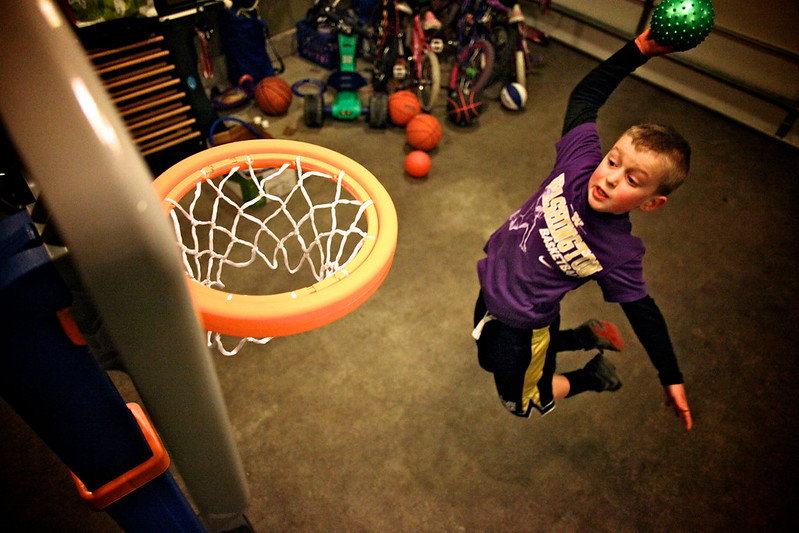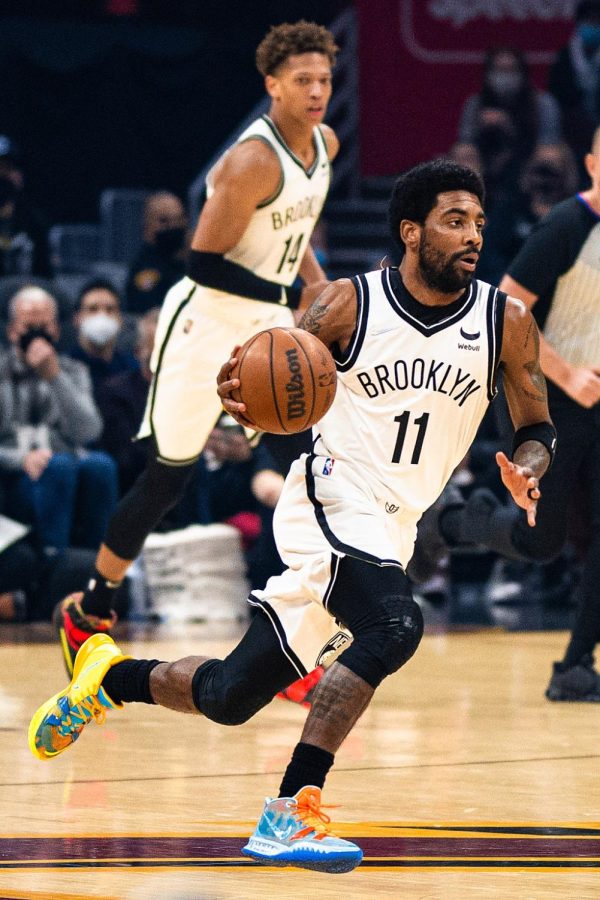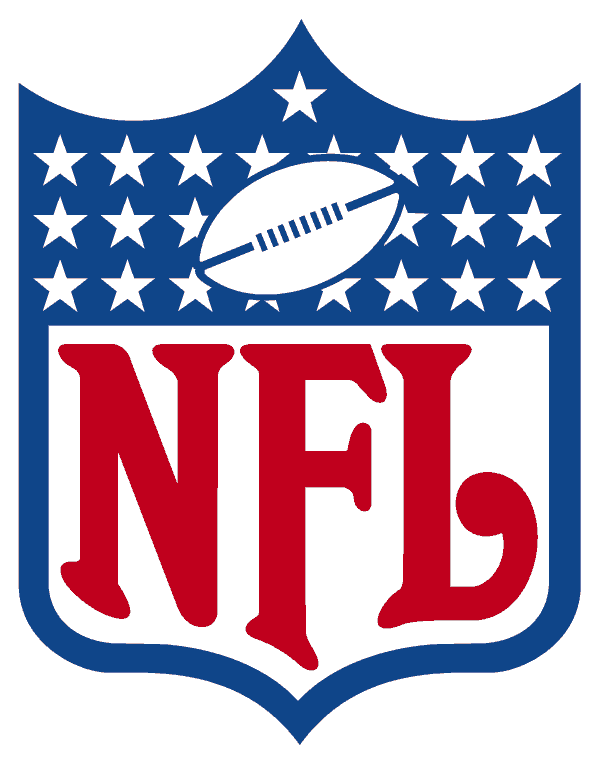As a baseball player at IU Southeast, Jacob Holtz, psychology and biochemistry senior, said he has faced several obstacles as a student athlete.
He is currently out due to an elbow injury. He said he has also found it challenging to balance his classes and his travels with the team.
“Tests often have to be moved around, taken early or made up,” Holtz said. “We were once gone for 12 days straight for our postseason tournament, and had to miss finals week completely.”

However, in spite of these challenges, he said he does not regret the experience at all.
“It’s a blast,” he said. “I knew it from my first year.”
Holtz was one of several guest speakers on the panel for “Being a Student Athlete: Perception vs. Reality,” an event held in the University Center on March 13.
The panel consisted of student athletes, faculty and employers, and they discussed the positive and negative aspects of the student athlete lifestyle.
Dane Spoelker, campus recruiter for Northwestern Mutual, played football at Centre College in Danville, KY.
He said that it was sometimes difficult to maintain focus in classes.
“I was ten times more interested in football than in my history class, so I could get distracted,” Spoelker said.
Spoelker also kept a tight schedule during his college career.
“I had school from 8 a.m. to 4, and then sports from 4:15 to 7:30,” Spoelker said.
Spoelker said that football was helpful in several ways.
“I had better grades during football season, because it helped me stay organized,” Spoelker said. “I’d see my teammates in class, and whenever I had a group project, it was a no-brainer to team up with them. The camaraderie was great.”
Lauren Becher, also a campus recruiter for Northwestern Mutual, played tennis at IU Southeast for four years and cheered for two. She said it was “overwhelming” but also satisfying.
“I loved it,” Becher said. “It was a time-filler, but I like to stay busy. It’s tough to fit into your schedule, but it’s very doable.”
In order to make it easier to balance school and sports, Becher said she came to new classes prepared.
“I would give my teachers a sheet that told them I was an athlete, and explained that I would have to occasionally miss classes,” Becher said. “I was up front with them.”
Megan Cureton, elementary education sophomore, currently plays women’s basketball at IU Southeast. She said her experiences with teachers were occasionally more difficult.
“For one of my classes, if I had to miss a day, I had to go to my coach and get a handwritten letter with his phone number for my teacher,” Cureton said. “That way, she could make sure I was with him when class was scheduled.”
Cureton said she has traveled extensively with the team. She has visited numerous cities and towns in Kentucky and Indiana, and also played a pair of games in Pennsylvania.
Her team also went to the national tournament last year, where she got the ring.
Cureton said she has enjoyed the experience.
“You meet a lot of new people, meet new friends and just have a good time,” Cureton said. “Getting to do something you love makes everything worth it.”
Cureton said being a student athlete teaches good qualities, a sentiment echoed by Spoelker.
“If you have sports experience, it better be on your resume,” Spoelker said. “It shows perseverance, and that you can be committed.”
Becher said that IU Southeast’s Career Development Center is also open to helping student athletes.
“Use this department as a tool,” Becher said. “They’re here to help you succeed.”
Leigh Ann Meyer, director of the Writing Center, conducted the event. She has two sons, both college athletes, and said she has seen the challenges student athletes face.
“I see how hard my sons have to work to do well,” Meyer said. “I also see it as a professor, watching students balance and maintain between school and sports. I have such respect for the whole process.”
Meyer said she thinks that some people have an inaccurate view of student athletes.
“People think it’s fun and games, but the athletes usually don’t get much scholarship money, if any,” Meyer said. “They have to have great time management and work twice as hard.”
Meyer said she hopes the event will clear up misconceptions.
“I wanted people to understand the other side of that life at university level,” Meyer said.
By NIC BRITTON
Staff
nmbritto@ius.edu




